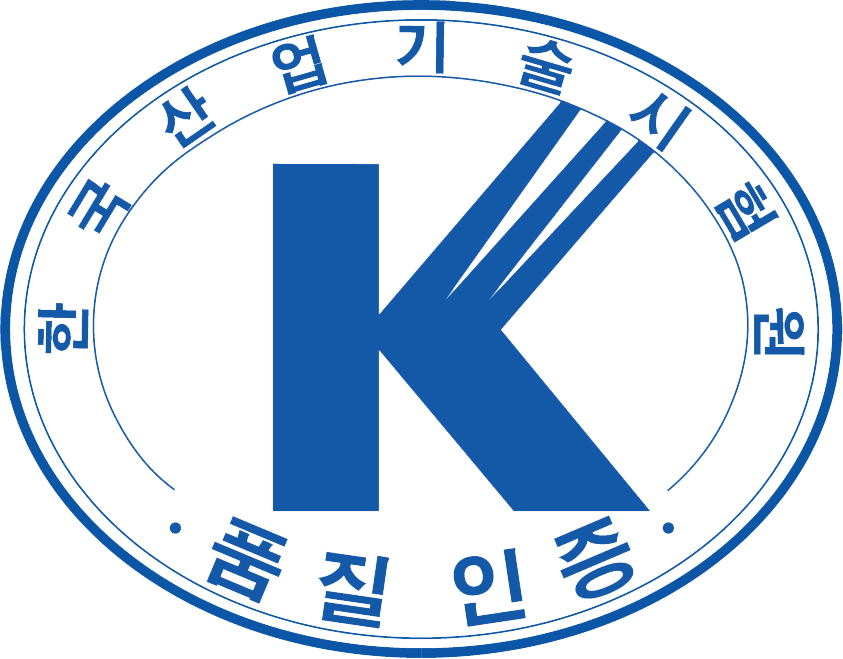Internal Management Regulations
Chapter I General Provisions
① "Internal Information" refers to matters subject to disclosure obligations under the KOSDAQ Market Disclosure Regulations (hereinafter referred to as the "Disclosure Regulations"), as well as any other matters related to the company's management, financial status, or any information that may affect investor decision-making.
② "Disclosure Officer" refers to the individual authorized to represent the company in performing reporting duties in accordance with the Disclosure Regulations.
③ "Executive" refers to directors (including those falling under Article 401-2, Paragraph 1 of the Korean Commercial Act) and auditors.
④ For any terms not explicitly defined in paragraphs 1 to 3, the definitions provided in relevant laws and regulations shall apply.
Chapter II Management of Internal Information
① Employees must strictly manage the company's internal information that they acquire through their duties. Except in cases where it is necessary for business purposes, internal information must not be disclosed either within or outside the company.
② The CEO or the Disclosure Officer must establish specific standards for the storage, transmission, and disposal of internal information and related documents and take necessary measures to ensure the proper management of internal information.
① The CEO shall appoint a Disclosure Officer and report the appointment to the Korea Exchange. The same applies when the Disclosure Officer is changed.
② The Disclosure Officer shall oversee the establishment and operation of the internal information management system and perform the following duties:
1. Execution of disclosures
2. Inspection and evaluation of the operation status of the internal information management system
3. Review of internal information and decision-making on whether to disclose it
4. Implementation of necessary measures such as training employees to ensure proper operation of the internal information management system
5. Supervision and oversight of departments or employees responsible for managing internal information or handling disclosure duties
6. Other tasks necessary for the operation of the internal information management system as recognized by the CEO
③ The Disclosure Officer shall have the following authority in carrying out their duties:
1. The authority to request submission and review various documents and records related to internal information
2. Authority to hear necessary opinions from employees of departments in charge of accounting or auditing and other departments in charge of creation of internal information
④ If necessary, the Disclosure Officer may consult with executives responsible for relevant duties and seek expert assistance at the company's expense.
⑤ The Disclosure Officer shall report the operational status of the internal information management system to the CEO (or the Board of Directors) on a regular basis.
① The CEO or the Disclosure Officer shall appoint a Disclosure Staff and report the appointment to the Korea Exchange. The same applies when the Disclosure Staff is changed.
② The Disclosure Staff shall operate under the supervision of the Disclosure Officer in managing internal information and perform the following duties:
1. Collect and review internal information and report to the Disclosure Officer
2. Perform tasks necessary for executing disclosures
3. Monitor changes in disclosure-related laws and regulations, ensure compliance in internal information management, and report to the Disclosure Officer
4. Carry out other tasks deemed necessary by the CEO or the Disclosure Officer
Executives and department heads must provide relevant information to the Disclosure Officer in the following cases:
1. When internal information has arisen or is expected to arise.
2. When there is a reason to cancel or modify already disclosed internal information, or such a situation is anticipated.
3. When requested by the Disclosure Officer.
① If an employee must inevitably provide internal information to business partners, external auditors, legal representatives, legal advisors, or management consultants due to business needs, they must report the details to the Disclosure Officer.
② In such cases, the Disclosure Officer must take necessary measures, such as entering into a confidentiality agreement regarding the internal information.
Chapter III Disclosure of Internal Information
The company classifies disclosures as follows:
1. Reporting and disclosure of major management matters in accordance with disclosure regulations.
2. Inquiry disclosure according to disclosure regulations.
3. Fair disclosure under disclosure regulations.
4. Voluntary disclosure under disclosure regulations.
5. Submission of securities registration statements, etc., under Chapter 1 of Part 3 of the Financial Investment Services and Capital Markets Act (hereinafter referred to as the "Act").
6. Submission of business reports, etc., pursuant to Articles 159, 160, and 165 of the Act and disclosure regulations.
7. Submission of major issue reports pursuant to Article 161 of the Act.
8. Other disclosures required by various laws and regulations.
① The disclosure officer must draft the necessary content and prepare the required documents when a disclosure matter specified in Article 9 occurs, then report to the disclosure manager.
② The disclosure manager must review whether the content and documents of paragraph 1 comply with relevant regulations and report them to the CEO before making the disclosure.
The disclosure manager and disclosure officer must take immediate corrective action if there are any errors or omissions in the disclosed information.
① If the company receives an interview request from the media, the CEO or disclosure manager will handle the request. If necessary, relevant department employees may also respond to the interview.
② If the company intends to distribute press releases, the disclosure manager's approval is required. The disclosure manager must report relevant matters to the CEO if necessary.
③ If an employee learns that media reports contain incorrect information, they must report it to the disclosure manager. The disclosure manager must report the matter to the CEO and take necessary measures.
Corporate briefings regarding the company's business operations, plans, and outlook must be held with the approval of the disclosure manager.
Chapter IV Disclosure of Internal Information
① Executives and employees (who have access to undisclosed material information due to their duties) must return any profit ("short-swing profit") gained if they purchase specific securities (hereinafter referred to as "specified securities") and sell them within six months, or sell them and repurchase them within six months.
② If a shareholder of the company (including those who own securities other than shares or depositary receipts) requests the company to claim the return of short-swing profits from the person who gained them, the disclosure officer must take necessary measures within two months from the date of the request.
③ If the Financial Services Commission (FSC) notifies the company of the occurrence of short-swing profits under paragraph 1, the disclosure officer must promptly disclose the following on the company’s website:
1. The status of the person obligated to return the short-swing profit
2. The amount of short-swing profit
3. The date of notification from the FSC regarding the short-swing profit occurrence
4. The company's plan to claim the return of short-swing profits
5. A statement that shareholders may request the company to claim the return of short-swing profits from the responsible person. If the company does not make the claim within two months of receiving the request, the shareholder may file the claim on behalf of the company.
④ The disclosure period for paragraph 3 shall be two years from the date of notification by the FSC or until the short-swing profit has been returned, whichever comes first.
Executives and employees must notify the disclosure officer when trading specific securities or conducting any other related transactions.
Employees must not use undisclosed important information (including undisclosed important information of affiliates) for trading specific securities or for any other transactions, nor allow others to use such information.
Chapter V Supplementary Provisions
The disclosure officer and disclosure personnel must complete education related to disclosure obligations as per the disclosure regulations.
Amendments or repeals of these regulations shall be determined by the CEO.
These regulations shall be publicly disclosed on the company’s website. The same applies when the regulations are amended.
Addendum
These regulations shall take effect from October 6, 2020.








